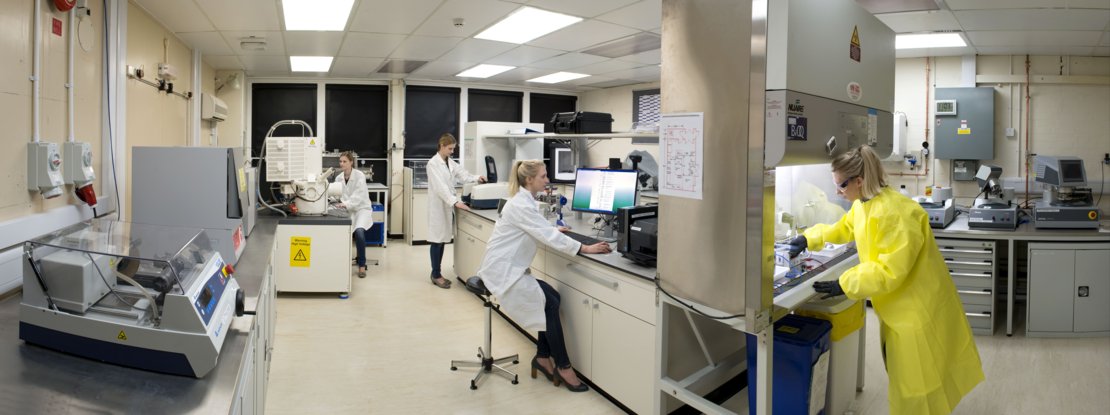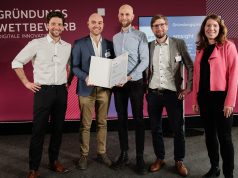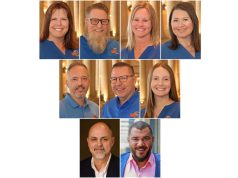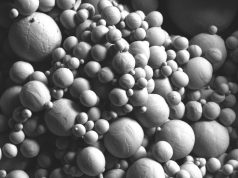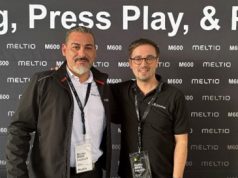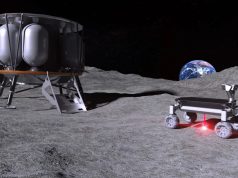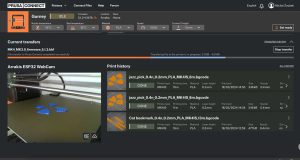The European Space Agency (ESA) opened the Advanced Manufacturing Laboratory at its facility in the UK. The new lab will focus on assessing new materials processes, joining techniques and 3D printing technologies for future space missions.
Andrew Barns, overseeing the new Advanced Manufacturing Laboratory, explains: “There’s a multitude of emerging technologies with apparent potential for producing stronger, lighter and cheaper spacecraft structures, but we have to be sure they are fully suitable for space with no show-stoppers.”
The lab will test possible suitable materials and manufacturing processes in their early development cycle in order to decide where to set the focus on for future technology investments. Besides being equipped with microscopes, an X-ray CT machines and a range of furnaces, the facility has also access to a metal 3D printer. Additionally, facilities on the adjacent Harwell campus can be used.
In regards to their 3D printing focus, the lab uses powder or wire feedstock for metal printing processes based on laser or electron beam. Researchers will look at aspects such as physical process parameters, the impact of powder material and the design procedures used to assess the effect of 3D printing upon the quality of parts.
The new lab will complement the efforts of the Materials and Electrical Components Laboratory at the Agency’s ESTEC technical centre in the Netherlands.
“The Harwell facility complements ESTEC by focusing on low technology readiness level investigations. Here, we’re operating on a different basis, looking at samples right down to the nanometre scale to understand their underlying structure, and how it relates to their physical properties, so we can really deliver an inside-out understanding of a candidate material or process and catch early technologies with high potential for space applications.”
“This is exactly the sort of collaboration that brings the whole Harwell Campus community together at its best,” said Chris Bee, the Head of Business Development at the UK’s Science and Technology Facilities Council. “The laboratory is already driving projects in exciting new areas and though our focus is on components for space, we hope that the laboratory’s impact on the campus can extend well beyond. We hope that this will encourage innovation with the UK’s high-tech industry sectors, bringing us additional advanced engineering challenges to solve using our cutting-edge national facilities.”
Subscribe to our Newsletter
3DPResso is a weekly newsletter that links to the most exciting global stories from the 3D printing and additive manufacturing industry.



